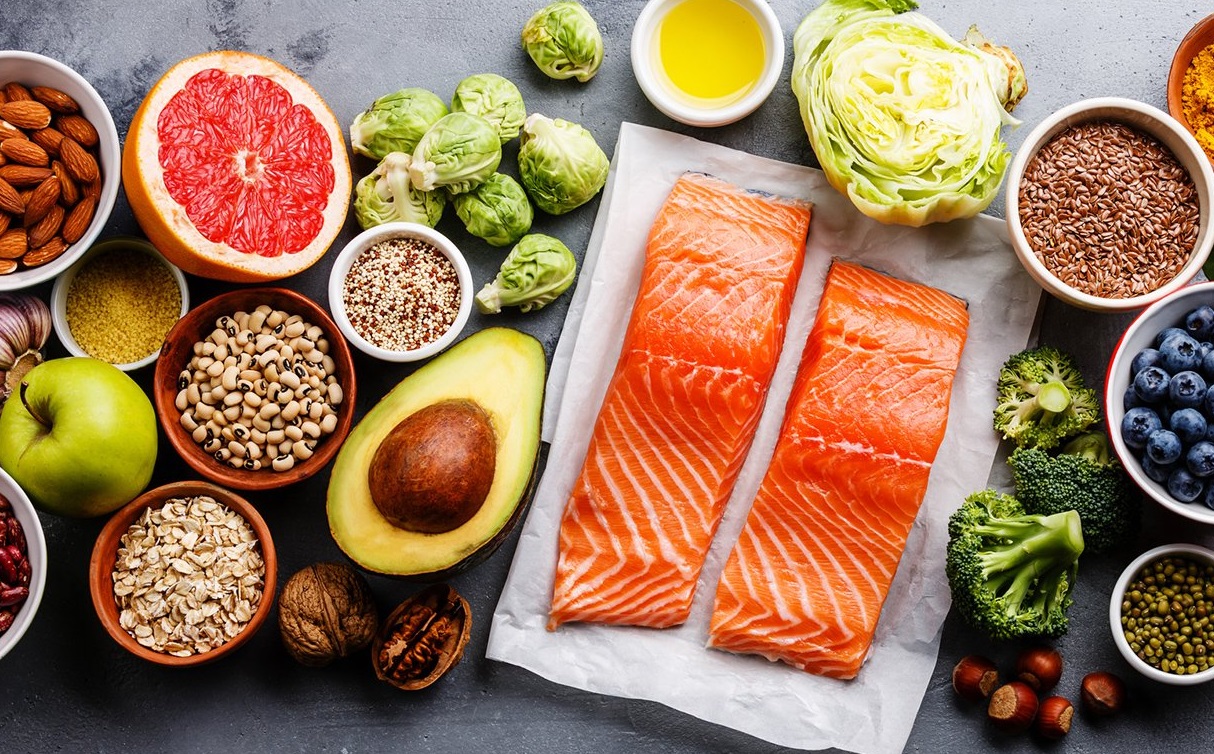
top best healthy food
Food is essential for the survival and growth of human beings. It provides the necessary nutrients, vitamins, and minerals required for the proper functioning of the body. The importance of food can be outlined as follows:
1. Energy: Food provides the necessary energy required for day-to-day activities. The calories obtained from food are used for various functions such as digestion, breathing, and movement.
2. Growth and development: The nutrients obtained from food are responsible for the growth and development of the body. Children and teenagers require a higher intake of nutrients to support their growth.
3. Disease prevention: A healthy diet can prevent chronic diseases such as heart disease, stroke, and diabetes. A balanced diet that includes fruits, vegetables, whole grains, and lean proteins can boost the body’s immunity to fight against infections and diseases.
4. Mental health: There is a direct correlation between what we eat and how we feel. Consuming a healthy diet can improve our mood, boost brain function, and reduce the risk of mental health disorders.
5. Social and cultural significance: Food plays a crucial role in social and cultural events. Sharing food is a way to bring people together and bond over a meal. It also carries cultural significance, representing different regions, traditions, and beliefs.

Eating a wide variety of nutritious foods, including fruit, vegetables, nuts, seeds, and lean protein can help support your overall health.
some of the best food for maintaining good health are:
- Leafy greens: Leafy greens contain a high amount of vitamins, minerals, and antioxidants, making them an excellent choice for maintaining good health.
- Berries: Berries are loaded with antioxidants and fiber, and they are also low in calories, making them a great food for health.
- Fish: Fatty fish like salmon, sardines, and trout are rich in heart-healthy omega-3 fatty acids, making them an ideal food for cardiovascular health.
- Whole grains: Whole grains are rich in fiber, vitamins, and minerals, making them an essential food for maintaining a healthy gut and promoting healthy digestion.
- Nuts: Nuts are rich in fiber, protein, and healthy fats, and they are also low in calories, making them an excellent snack option for maintaining good health.
studies suggest that certain foods may help to naturally increase testosterone, such as:

- Tuna: Tuna contains vitamin D, which has been linked to increased testosterone levels.
- Shellfish: Shellfish like oysters, clams, and shrimp contain high levels of zinc which has been linked to increased testosterone levels.
- Eggs: Egg yolks contain vitamin D and cholesterol, which are both precursors to testosterone production.
- Fortified Cereals: Fortified cereals contain high levels of vitamin D, which can help to naturally increase testosterone levels.
- Beef: Lean beef is an excellent source of protein and zinc, both of which have been linked to increased testosterone levels.
Green vegetables are packed with nutrients and offer many health benefits, including:
A diet rich in vegetables can lower blood pressure, reduce the risk of heart disease and stroke, prevent some types of cancer, lower risk of eye and digestive problems, and have a positive effect upon blood sugar, which can help keep appetite in check. Eating non-starchy vegetables and green leafy vegetables may even promote weight loss. Their low glycemic loads prevent blood sugar spikes that can increase hunger.

- Rich in vitamins and minerals – Green vegetables are excellent sources of vitamins A, C, and K, as well as minerals like iron, calcium, magnesium, and potassium.
- High in antioxidants – Antioxidants help protect the body against damage from free radicals, which are harmful molecules that can lead to chronic diseases.
- Good source of fiber – Green vegetables are high in dietary fiber, which can help improve digestion, reduce inflammation, and lower the risk of heart disease.
- Low in calories – Most green vegetables are low in calories, making them an excellent choice for weight management.
- Can help reduce the risk of chronic diseases – Studies have shown that a diet rich in green vegetables can help lower the risk of heart disease, diabetes, and certain cancers.
- Boosts energy levels – Green vegetables are an excellent source of chlorophyll, which helps to boost energy levels and improve overall health.
- Supports a healthy immune system – The vitamins and minerals in green vegetables help to support a healthy immune system, which is important for fighting off infections and illnesses.
- In summary, consuming green vegetables regularly can help improve overall health and wellbeing, making them an important part of a balanced diet.






Comments